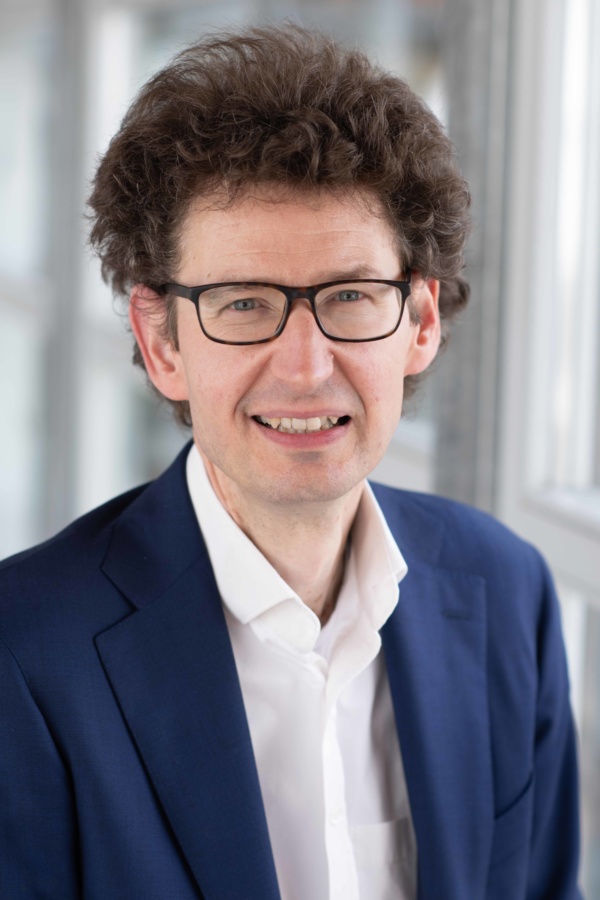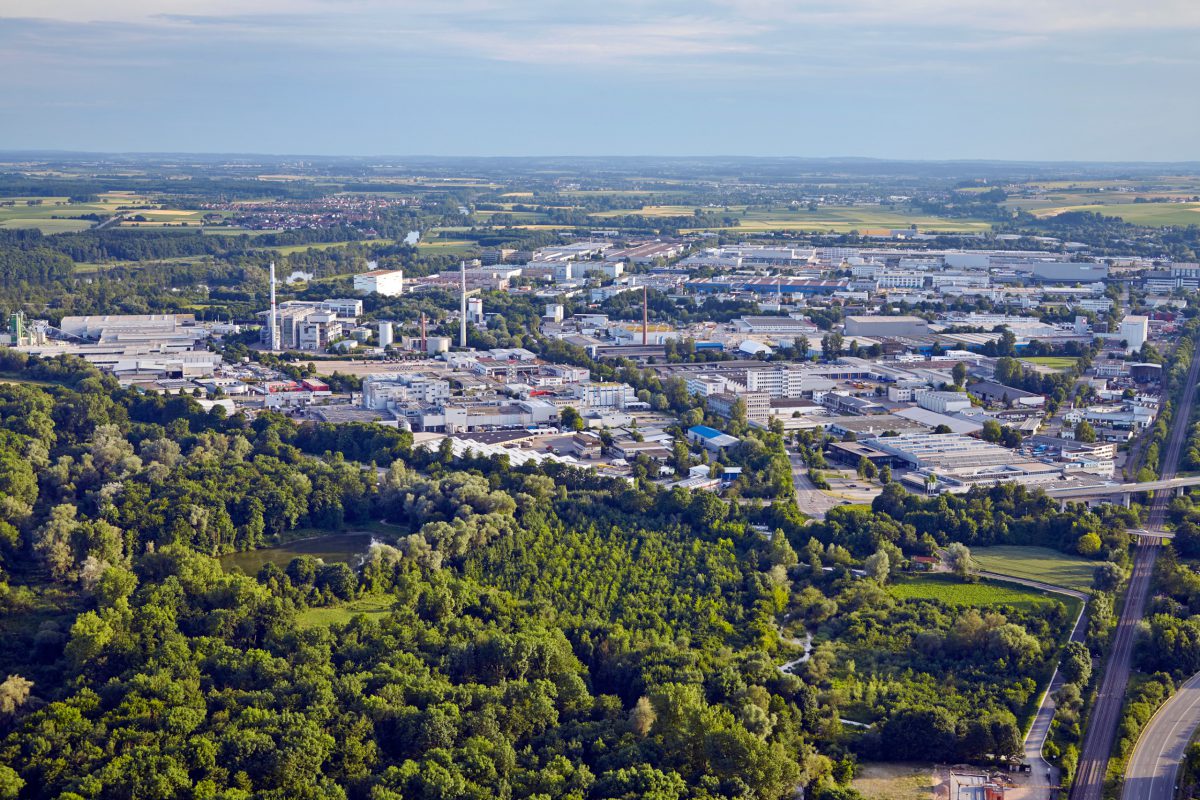Industrial and business parks are rarely seen as role models in terms of climate protection and sustainability. The new reality lab ‘Klima Connect’ aims to change this in Ulm’s Donautal (Danube Valley). Researchers from Ulm University are working with business executives and employees to develop a concept to make the large industrial and business area in Ulm more climate-friendly.

The special feature of the reality lab format: Employers and employees are actively involved in the development of the real experiments that will pave the way for a more sustainable Donautal. This personal involvement is intended to increase the participants’ competence to act in a way that protects the climate. ‘Fields of action range from energy savings in the use of hydrogen for cooling and heating to CO2 climate action plans across businesses through to new mobility concepts in the areas of electric or bicycle mobility,’ explains Prof. Martin Müller, head of the ‘Klima Connect’ project and director of the Institute for Sustainable Corporate Management at Ulm University.
In order to motivate the heterogeneous group of employees in the Donautal to act sustainably for the purpose of climate protection, the project incorporates workshops with the initiative Donautal Connect right at the beginning. This collaboration of local companies strives to increase the attractiveness of the region and to find joint mobility solutions. ‘We all basically have the same problems, big companies as well as medium-sized and small ones. We have thus joined forces to bundle our interests and develop synergies through joint projects,’ summarises Andreas Burkhardt, managing director at pharmaceutical company Teva and one of the initiators of the initiative.
The aim of the reality lab is to advance the exchange between academia and practice. Aalen University as well as the City of Ulm and the Ulmer Initiativkreis nachhaltige Wirtschaftsentwicklung e.V. (unw) are also actively involved in the project. The Ministry of Science, Research and the Arts (MWK) of Baden-Württemberg is funding the reality lab for three years with around one million Euros.
Contact: Prof. Dr. Martin Müller, martin.mueller@uni-ulm.de
Cover picture: Aerial view of the Donautal industrial estate (photo: Stadtarchiv Ulm/Nadja Wollinsky)










